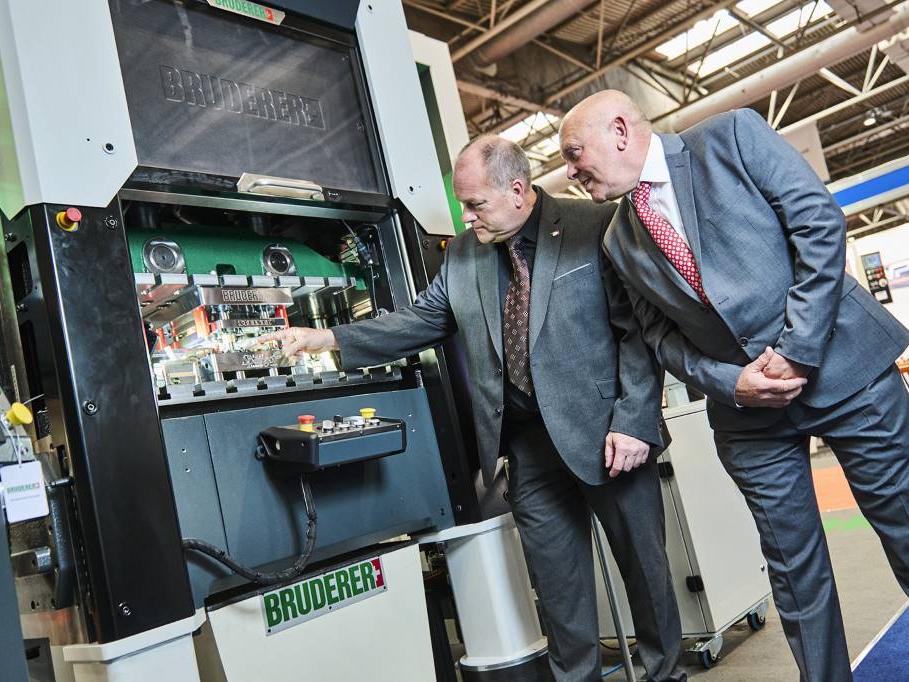Carbide bandsaw blades for special alloys

A new range of long life carbide bandsaw blades, delivering improved performance when cutting special alloys has been developed by Bahco.
A new range of long life carbide bandsaw blades, delivering improved performance when cutting special alloys used within industries such as including aerospace, aviation, defence and power generation, has been developed and introduced by Bahco.
The multinational hand tool and cutting specialist is renowned as a leader in carbide blade cutting technology, ideally suited to the most challenging applications.
Bahco's new 3860TC blades have been designed to cut alloys including titanium, aluminium, stainless steel, Hastelloy, Inconel and Waspalloy. They are manufactured in the UK using the most advanced technology, from top quality raw materials sourced from European suppliers.
Based on Bahco's 3860-TMC unset carbide blade, the new TC range is now available at highly competitive prices. Its multi-chip design, producing seven chips from a four tooth pattern, maximises cutting performance and blade durability within niche applications.
The new assortment includes the 3860 TCZ with zero degree rake angle. This blade is ideal for cutting bars with a hardened surface such as chrome, or cutting graphite. It is also suitable for cutting non-metallic materials which do not produce chips.
Another offering is the 3860 TCT with a 10° angle. Designed to open up new markets for unset carbide at competitive prices, it is suitable for the same applications as TMC blades but with finer TPI's. It can also be used in place of 3868 and 3881 applications, where surface finish is an issue.
Bahco's high technology bandsaw blade manufacturing centre in South Yorkshire produces both set tooth and unset tooth carbide blades.
Mark Fletcher, a bandsaw specialist with SNA Europe (UK), which designs and manufactures Bahco bandsaw blades, describes the key product differences: “On a set tooth blade the carbide tooth tip is the same width as the band; the cutting clearance is created by setting the tooth. During production the carbide tooth is formed from a carbide ball, ground to create both chamfered and unchamfered tooth tips of different heights. The finished ground teeth are set to give cutting clearance.
“On an unset tooth blade the tooth is wider than the bandsaw material; the wider tooth tip creates its own cutting clearance. During production the carbide tooth tip is formed from a carbide cylinder, ground to form tooth tips with different heights and differing amounts of chamfer.”
Bahco
www.bahco.com














